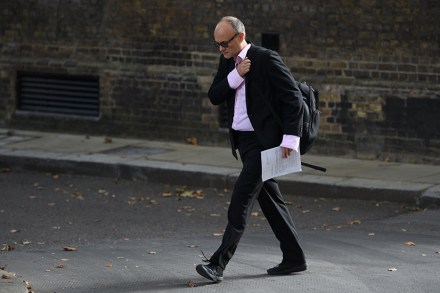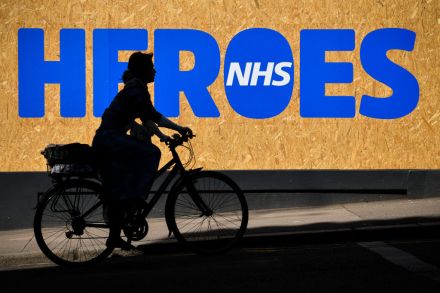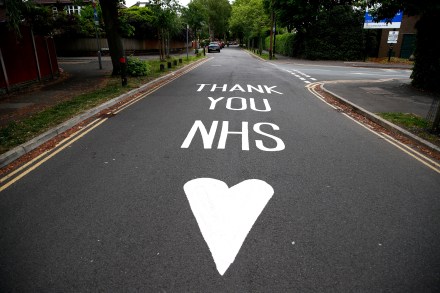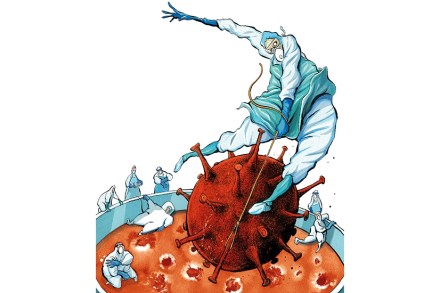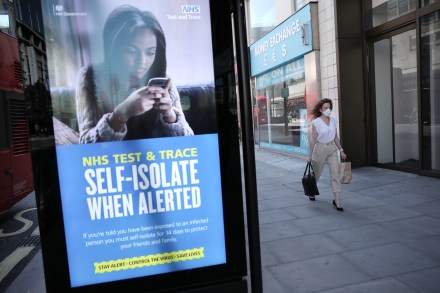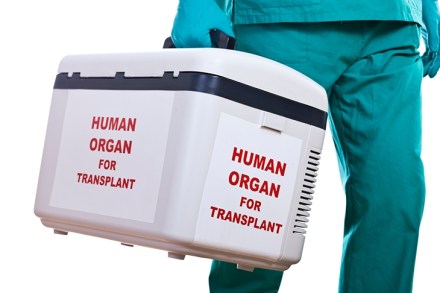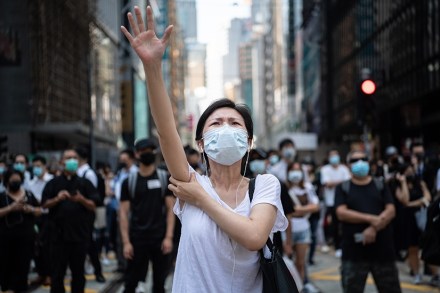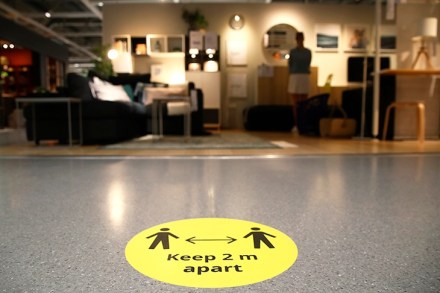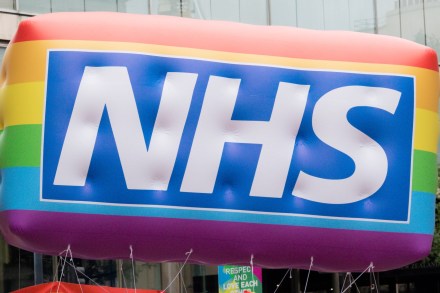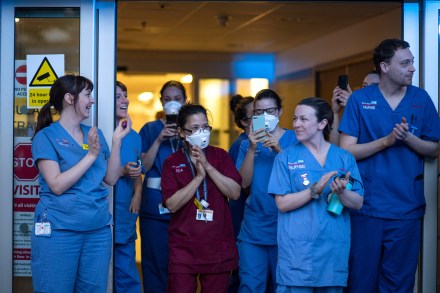The generosity of French doctors
My last NHS scan showed a shadow on a rib. The scan report couldn’t decide between a new cancer metastasis or scarring from an old injury. The first would mean the cancer had moved into my skeleton and was on a winning streak. I have fractured ribs in sharp collisions with steering wheels more than once and cling strenuously to the old-scar hypothesis. The image showed a second suspicious blur. Something, possibly a tumour, was putting pressure on my left kidney. Since then I’ve been going around with a length of plastic tube inserted in my urethra to drain it. Until that point my cancer was just a word. Now



